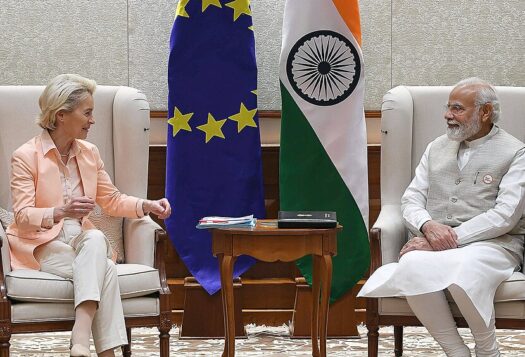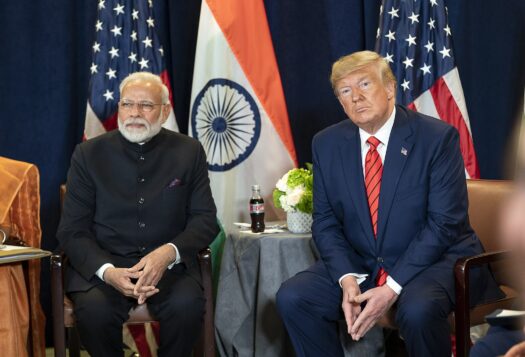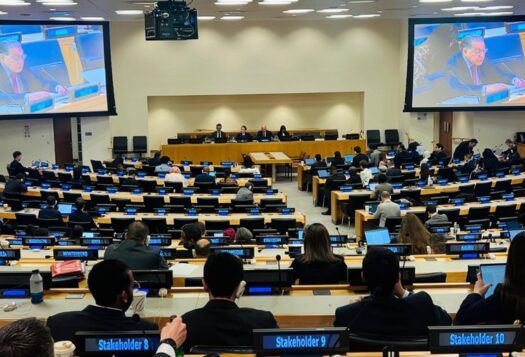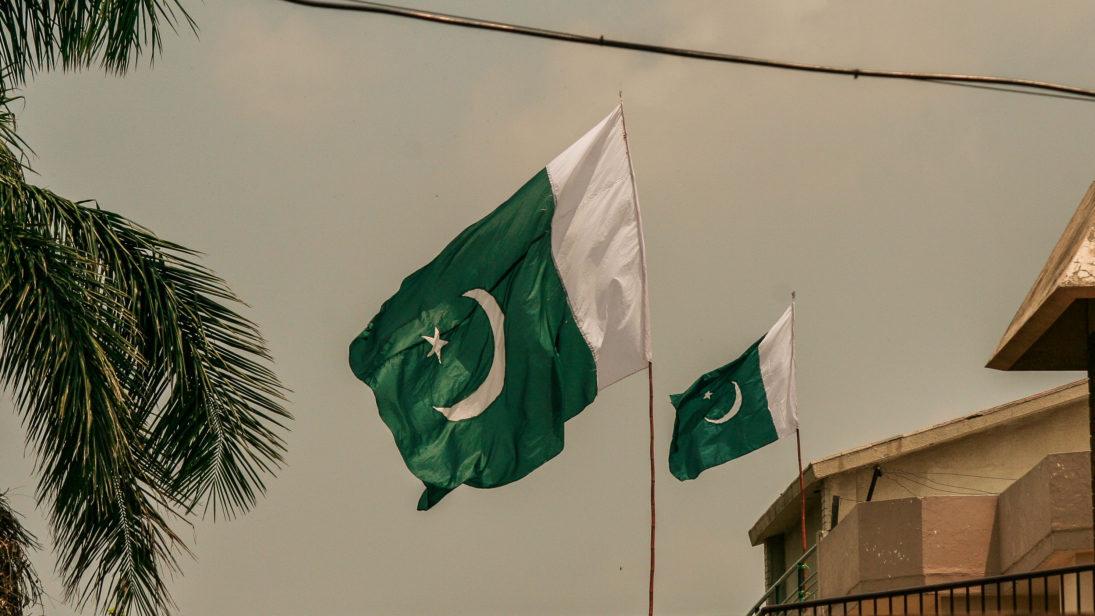
Last month, Pakistan received a provisional reprieve from the Financial Action Task Force (FATF), an international money laundering and terror financing watchdog, allowing it four more months to extricate itself from the list of jurisdictions with strategic deficiencies, i.e. the “gray list.” Members of the FATF acknowledged the measures Pakistan has taken so far to comply with the proposed action plan but issued a warning urging the country to complete its full action plan by February 2020. If Pakistan misses this new deadline, it risks being placed on the FATF’s “blacklist,” reserved for those countries that have long-sustaining deficiencies in their anti-money laundering and counterterror financing frameworks.
The FATF’s decision to place Pakistan on the gray list in June 2018 came at a time when the country was undergoing a political transition and facing a growing economic crisis due to slow economic growth, crippling debt, and an expanding fiscal imbalance. Thus, although the government prioritized the FATF challenge and made headway in response to the FATF’s action plan in the past six months, the cumulative efforts have only sufficed to maintain the status quo and keep the country off the blacklist.
This challenge was exacerbated due to the politicization of the FATF, with Pakistan repeatedly complaining about India’s push as a co-chair of the Asia Pacific Joint Group to have Pakistan blacklisted. Since getting off the FATF gray list requires the support of at least 15 of the current 37 member jurisdictions, in the coming months, Pakistan’s diplomatic engagement with FATF members should be two-pronged: presenting empirical evidence of Pakistan’s completion of FATF items and highlighting the importance of depoliticization in FATF’s decisionmaking.
Charting Pakistan’s Journey at the FATF
After being placed on the FATF’s gray list in 2008 and again between 2012 and 2015, Pakistan avoided further monitoring after making significant progress to strengthen its anti-money laundering and combating terror financing (AML/CFT) capabilities. For instance, according to an FATF statement in 2012, Pakistan enhanced the capacity of its Financial Intelligence Units, issued the UNSC (Enforcement) Order 2012, and developed AML/CFT guidelines for exchange companies, and put out a currency declaration notification for the implementation of its cash border controls.
Pakistan’s current placement on the FATF gray list in June 2018 came at the request of the United States and the United Kingdom, with backing from France and Germany, after President Trump vowed to take a tougher stance against Pakistan for allegedly providing safe havens to terrorists. As a result, Pakistan is now required to adhere to two different sets of oversights. One is the action plan from the FATF’s International Cooperation Review Group, the FATF body focused on high-risk jurisdictions. While the other group monitoring Pakistan is FATF’s regional body, the Asia Pacific Group on money laundering.
Despite the looming risk of being blacklisted at the Paris meeting in October, the FATF granted Pakistan temporary respite for two reasons. First, despite existing deficiencies, the government of Pakistan has demonstrated political will in completing the action plan and made significant developments in various domains. Some of the important tasks completed in the past six months include updated terror financing and money laundering risk assessment frameworks, establishment of an interagency coordination mechanism, and compilation of suspicious transaction reports. At a substantive level, these actions have resulted in more than 700 terror-financing investigations, along with mapping of more than 64,000 non-profit organizations across the country. Overall, out of 27 action items, Pakistan has largely addressed 5, 17 partially, while 5 are incomplete. All of these activities and actions represent significant progress from January 2019, when Pakistan had 17 incomplete items. Pakistan also remained active on the diplomatic front to break the consensus at the FATF plenary that is required to place any country on the blacklist. In this regard, Turkey, China, and Malaysia voted to keep Pakistan off the blacklist.
However, Pakistan may not be so lucky in February 2020 and would do well to take even more comprehensive and far-reaching actions to get off the blacklist since there are concerns about the politicization of the FATF.
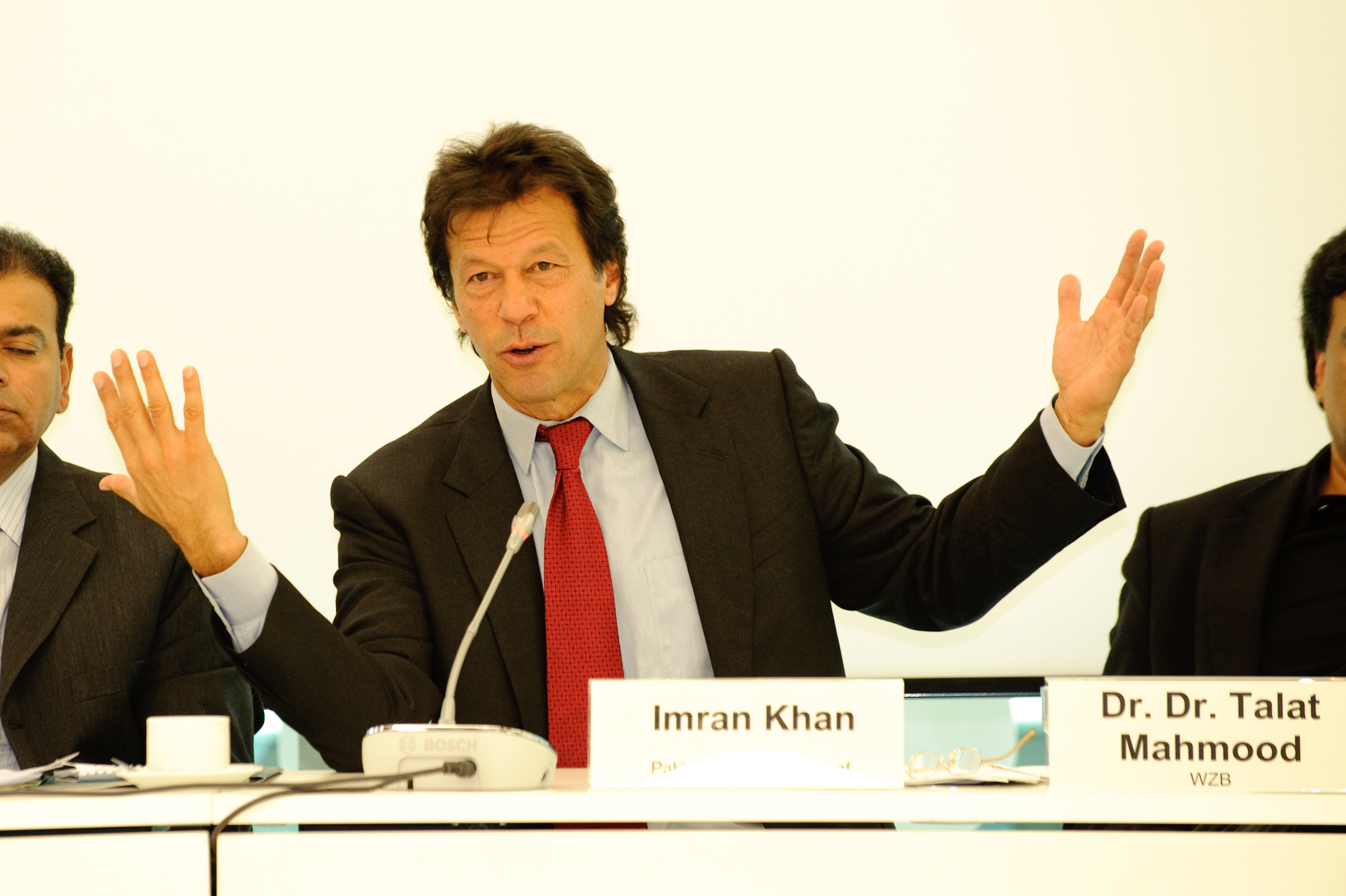
FATF: A Regulatory Body or a Political Tool?
The FATF has undoubtedly set global benchmarks and promoted effective control measures over the years. However, there is also growing criticism on the selective use of the FATF guidelines. For example, in the case of Pakistan, the FATF is alleged to have allowed political elements to permeate its processing.
Additionally, there are charges that the FATF has moved away from its original goals and takes a selective approach in targeting a few countries while ignoring others with same or worse records, raising questions about the objectivity of the FATF. For example, some international money laundering hubs, such as the Cayman Islands, remain outside the FATF’s stringent restrictions despite receiving negative reviews by the body. The FATF’s failure to act with an even hand in response to the recent Danske Bank scandal in Denmark, and the fact that the European Union’s parallel blacklist has 11 more jurisdictions than the FATF’s list, including Saudi Arabia and four U.S. territories, has added weight to such concerns.
The FATF’s assessments are two-tiered, focusing on technical compliance and effectiveness. While technical compliance can be assessed against a uniform checklist, the effectiveness assessment derives from secondary peer reviews, which vary by country. Customized recommendations may be heavily influenced by a country’s threat profile, and therefore, may be subject to more partiality.
Looking towards February 2020
Pakistan’s continued presence on the FATF’s gray list has had serious economic repercussions in addition to damaging the country’s reputation. According to some estimates, being on the blacklist could cost Pakistan USD $10 billion per year. Thus, the next few months until the February 2020 FATF plenary are crucial.
The government will have to make necessary structural reforms to fulfill technical criteria as well as demonstrate political and diplomatic strength to ensure that their effectiveness is measured impartially.
Pakistan has demonstrated much progress towards countering terror financing and money laundering in the formal domain by introducing laws and regulations, improving monitoring and enforcement, as well as developing interagency and stakeholder coordination. However, there is a huge informal economic sector that needs greater prioritization. For example, more needs to be done to regulate non-banking financial institutions, such as currency exchanges. Besides that, some of the key areas in which improvements are required, as highlighted by the FATF, include: developing understanding of transnational risks related to terror financing, integrating counterterror financing measures into Pakistan’s broader counterterrorism approach, and improving the capacity of law enforcement agencies related to investigation and prosecution of cases linked to terror financing.
On the diplomatic front, China has seconded Pakistan’s concerns about the politicization of the FATF, and has vowed to support Pakistan. However, Islamabad will have to shore up all political and diplomatic efforts to acquire 15 votes that are needed to get off the gray list in February 2020.
Conclusion
Despite criticism of the FATF’s functioning, its requirements offer Pakistan an opportunity to increase its capacity and put mechanisms against terrorism and money laundering in place. While Pakistan has expressed a clear political will to ensure implementation of corrective measures, the measures undertaken initially were incoherent and reactionary in nature, thus preventing Pakistan from addressing the FATF’s specific demands. But now, the Khan administration is establishing an autonomous secretariat, which is likely to ensure much-needed coordination among the federation, provinces, and different institutions in order to successfully fulfill the FATF action plan.
Demonstrating commitment by taking action to strengthen its anti-money laundering and counterterror financing infrastructure is likely to not only satisfy Pakistan’s allies, but also convince those countries that are generally critical of Pakistan’s seriousness with regard to this issue. Marked progress will also allow Pakistan to make a clearer and more water-tight case for itself at the FATF, combating some of the politicization that may occur.
As of November, the Pakistani government is confident that it can avoid the potential blacklisting in February 2020. Only time will tell.
***
Image 1: Wikimedia Commons
Image 2: Wikimedia Commons
